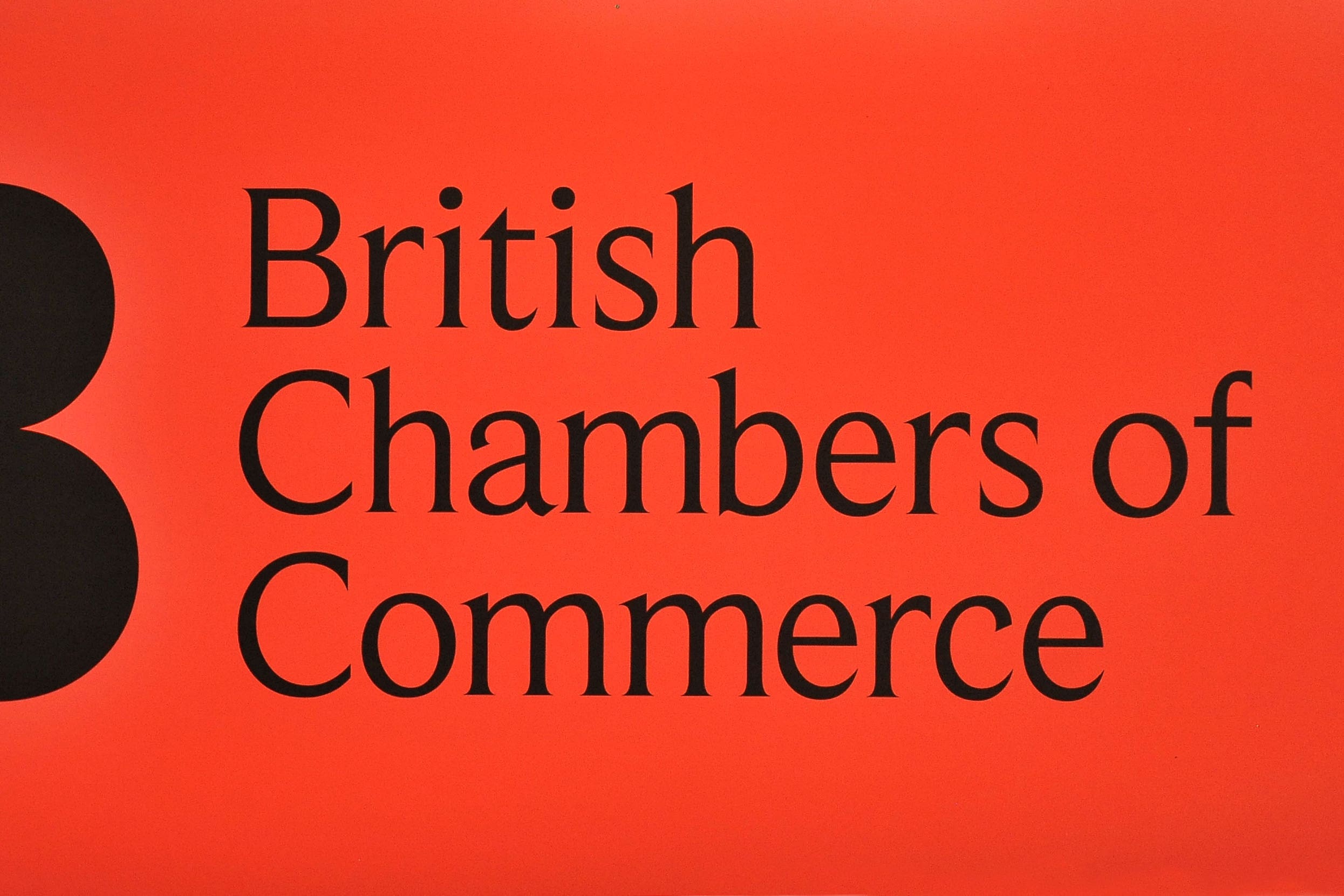Firms will struggle to pay energy bills when relief scheme ends, warns BCC
Businesses are facing several other changes from tomorrow including increases in corporation tax and the national living wage.

Your support helps us to tell the story
From reproductive rights to climate change to Big Tech, The Independent is on the ground when the story is developing. Whether it's investigating the financials of Elon Musk's pro-Trump PAC or producing our latest documentary, 'The A Word', which shines a light on the American women fighting for reproductive rights, we know how important it is to parse out the facts from the messaging.
At such a critical moment in US history, we need reporters on the ground. Your donation allows us to keep sending journalists to speak to both sides of the story.
The Independent is trusted by Americans across the entire political spectrum. And unlike many other quality news outlets, we choose not to lock Americans out of our reporting and analysis with paywalls. We believe quality journalism should be available to everyone, paid for by those who can afford it.
Your support makes all the difference.Business leaders are stepping up warnings that firms will struggle to pay energy bills when a government relief scheme ends on Saturday.
The British Chambers of Commerce (BCC) said businesses face an 85% decrease in energy support when the Energy Bill Relief Scheme (EBRS) comes to an end.
The business group called for targeted help for firms who “desperately” need it.
Almost half of firms say paying bills will be difficult from tomorrow onwards
Alex Veitch, director of policy and public affairs at the BCC said: “We have been signalling for months that many businesses will struggle to afford their energy bills when the financial envelope of support reduces by 85%, with many receiving a fraction of their original support.
“Almost half of firms say paying bills will be difficult from tomorrow onwards, but of the seven energy policies we advocated for the Government to include in this month’s spring Budget, not one was acted upon.
“Flexibility to increase support for those who desperately need it – ignored. Easing the burden of claiming VAT on energy – ignored. Funding for improved business energy efficiency – ignored. And so the list goes on.
“Government also failed to heed our calls to increase regulation of the business energy sector.”
The BCC also called on the Government to ensure that Ofgem has the necessary powers to “properly regulate” the industry.
The chambers group added that as well as the reduction in energy support, businesses are facing several other changes from tomorrow including increases in corporation tax and the national living wage.
“These changes will have a significant impact, but Government is yet to offer any meaningful support to offset the challenges currently facing so many UK businesses,” said Mr Veitch.